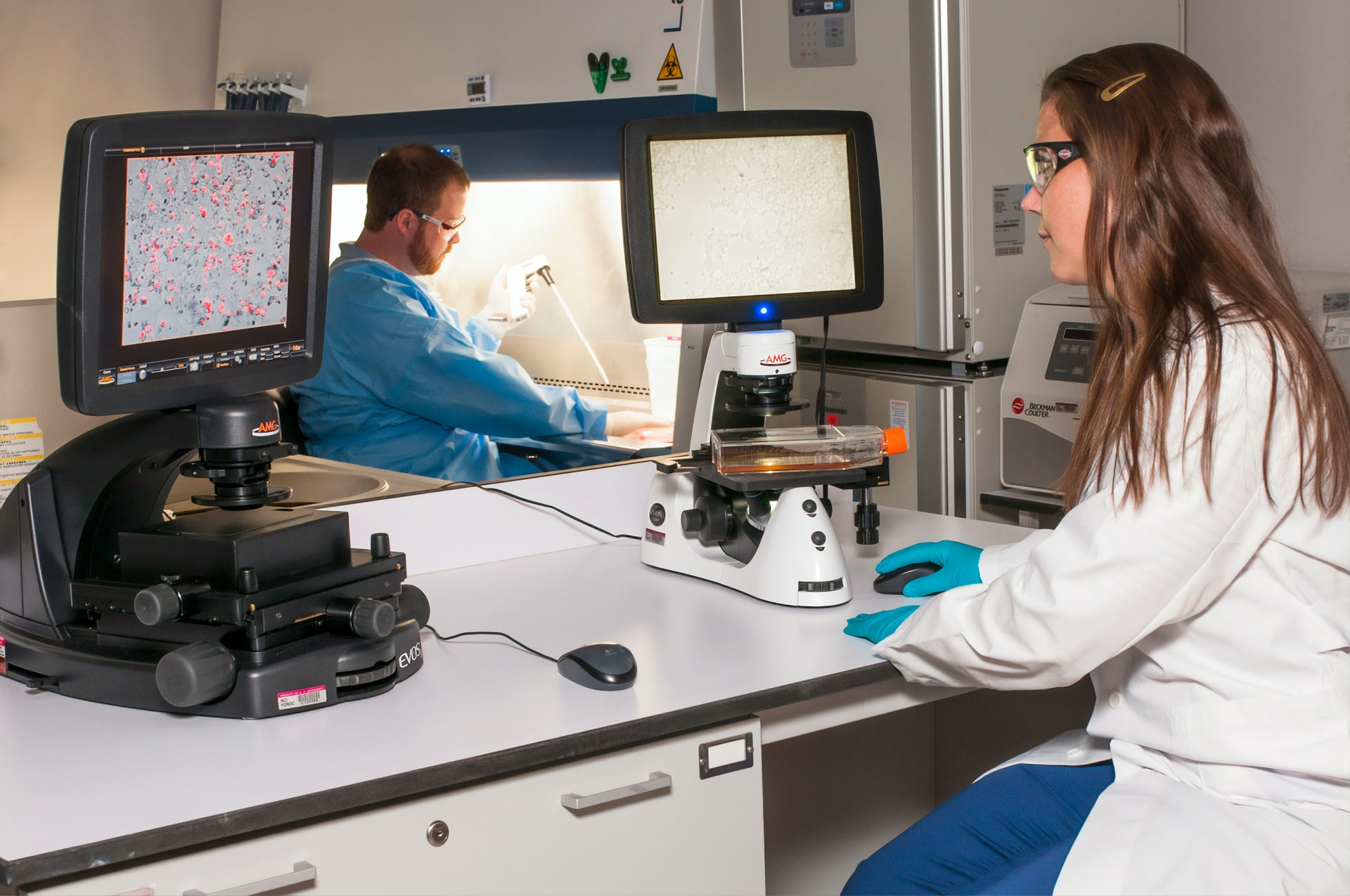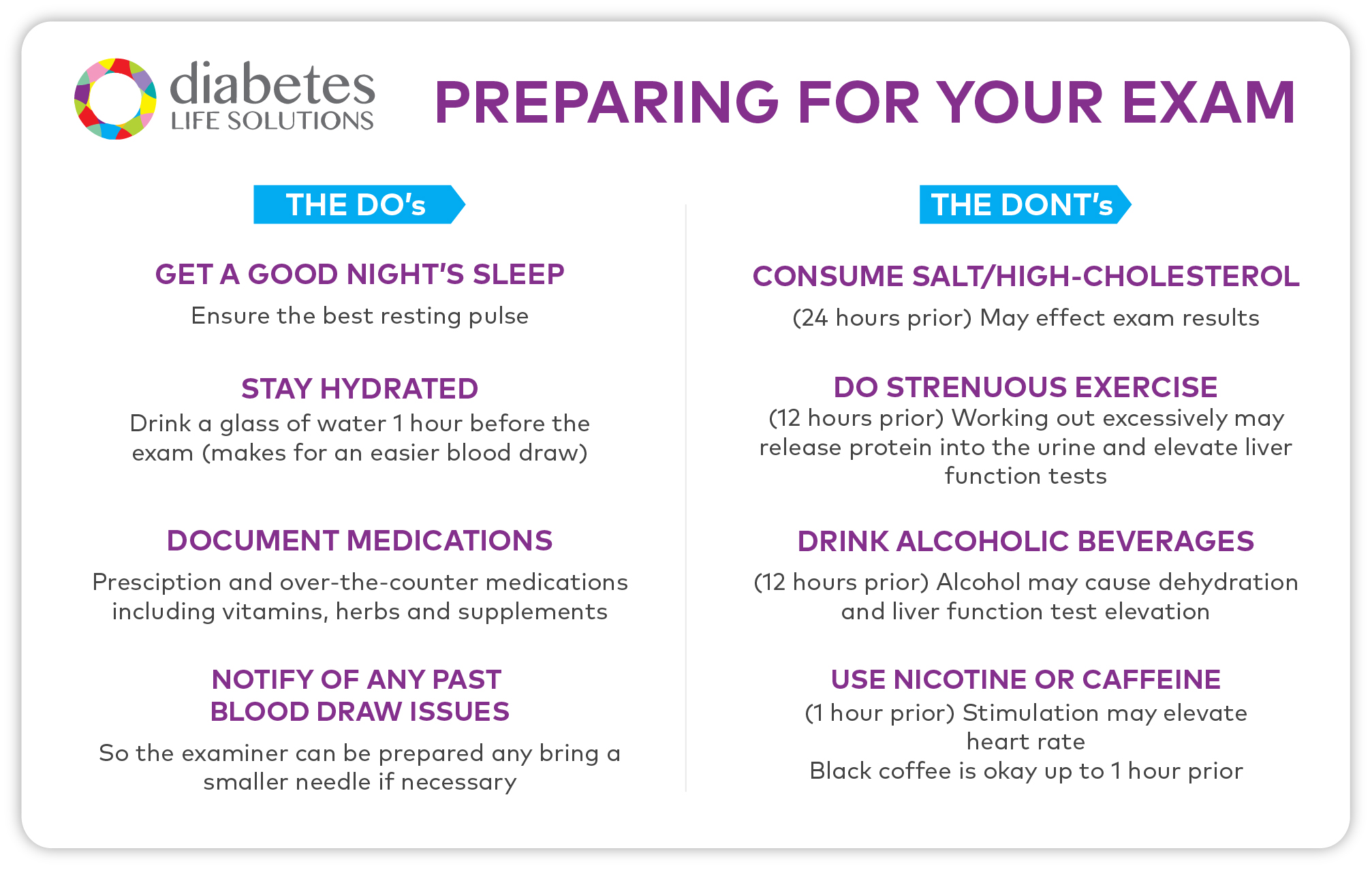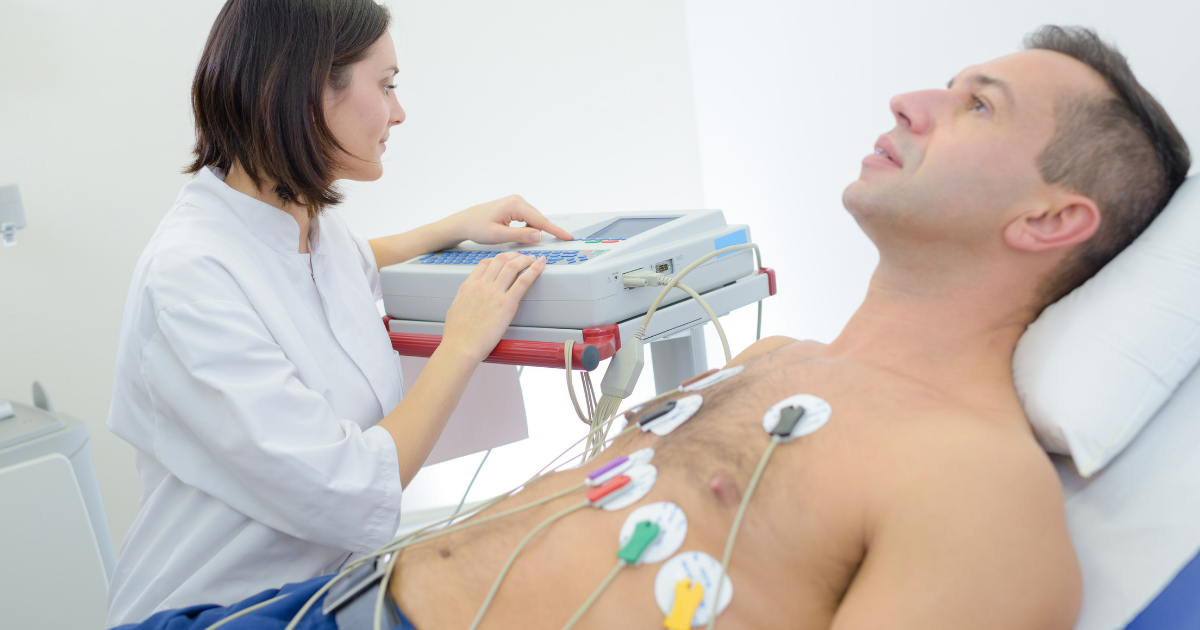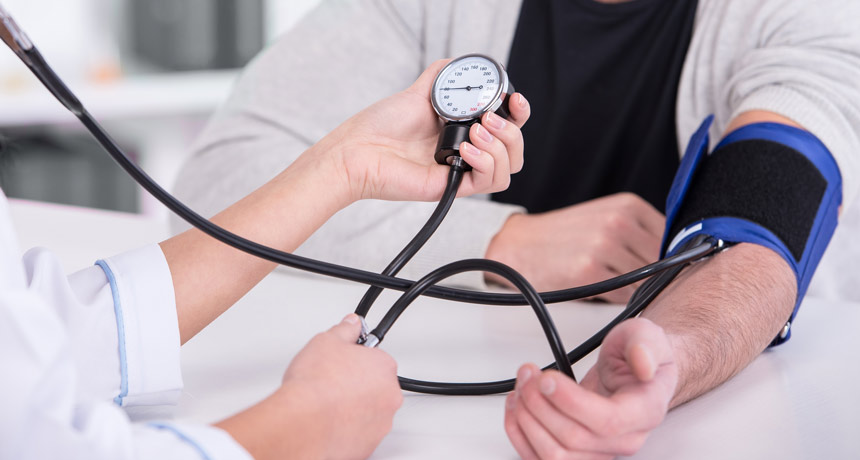An entrepreneur at heart, Chris has been building and writing in consumer life insurance and health for over 11 years. He's contributed to 1,000+ medical, health, financial and wellness articles and product reviews written in the last 11 years.In addition to Pharmacists.org, Chris and his Acme Health LLC Brand Team own and operate Diabetic.org, PregnancyResource.org, Multivitamin.org, and the USA Rx Pharmacy Discount Card powered by Pharmacists.org.Chris has a CFA (Chartered Financial Analyst) designation and is a proud member of the American Medical Writer’s Association (AMWA), the International Society for Medical Publication Professionals (ISMPP), the National Association of Science Writers (NASW), the Council of Science Editors, the Author’s Guild, and the Editorial Freelance Association (EFA).
Home » Paramedical Exam: What It Is and What You Can Expect
Paramedical Exam: What It Is and What You Can Expect

Matt Schmidt



Chris Riley
To learn about Diabetes Life Solutions commitment to transparency and integrity, read our Editorial Disclosure
Last Updated on December 13, 2025
Applying for life insurance is something that many adults will do over the course of their lives. However, life insurance underwriting with Diabetes isn’t always going to be ‘easy’ or quick. Life insurance is important to almost everyone’s families, as almost everyone will need a policy at some point in their lives. Maybe you just started a family, or you need life insurance for a SBA loan. Having Diabetes is going to make this life insurance application process a little trickier.
If you are one of the many people in the Diabetes community, you may possibly need to take what’s called a “paramedical exam”. For those afraid to meet with an examiner, or if you have little free time, nothing could be worse!
What even is a paramedical exam and how to pass a paramedical exam? Let’s dive into these questions and more.
What is a Paramedical Exam?
You might be wondering what do paramedical exams test for? In a nutshell, a paramedical exam is an examination you MAY have to take whenever you apply for life insurance coverage. The basic purpose of a paramedical exam is to tell an insurance company how much of a risk you are, which can affect what kinds of policies you are approved for, how much your premiums will be, and so on. Furthermore, certain individuals are required to complete paramedical exams in order to qualify for any life insurance if they have specific conditions, like diabetes.
We have some good news to share for those who have a form of Diabetes. You may qualify for life insurance, up to $2 million in coverage, without having to complete a paramedical exam. Paramedical exam companies may accept you for coverage, on a case by case basis, even if you have Type 1 or Type 2 Diabetes. If you’d like to discuss your non medical exam life insurance options, simply fill out a quote request, or contact us.
A good way to think of these exams are as snapshots of your overall physical health. They don’t conduct any particularly in-depth tests, but they can screen out certain health risks or other medical factors that can affect your life insurance policy and your general hospital treatment.

What’s It Like? What do paramedical exams test for?
The nice thing about paramedical exams is that they can be completed in a variety of locations. You can take a paramedical exam at your house, at the exam administrator’s office (usually a medical clinic), or even at your place of business. Additionally, most paramedical exams don’t cost any money because they are requirements for life insurance policies.
Exams are pretty similar to physicals in terms of their duration and what they encompass. Most paramedical exams don’t take more than 30 minutes, particularly if the examiner comes to your home or place of business. Some exams are a little longer than others depending on whether you need to undergo an EKG and how experienced the medical professional is.
Most of the paramedical exam deals with you answering health questions either verbally or on a worksheet or checklist. Your agent will share with you the types of paramedical exam questions that will be asked ahead of time, so you’ll have plenty of time to prepare yourself. There are a few physical parts of the exam when the examiner will measure you, and collect a blood and urine sample.
Bottom line is this. Paramedical examinations are easy, quick, and it’s not anything you should be nervous about.

What Are the Parts of a Paramedical Exam?
A paramedical exam has a few distinct parts that you can be aware of and expect when you sign up for your own exam.
Routine Metric Measurements and Medical History
The first part of any paramedical exam is a collection of routine measurements and an in-depth dive into your medical history. You’ll start by answering lots of paramedical exam questions about your current medical ailments like allergies or other developments, in addition to general medical knowledge that you already know. Blood type is a great example.
Furthermore, the questionnaire you’ll be given will ask you some questions about specific conditions you may have. For instance, diabetics completing a paramedical exam will be asked specific questions about their diabetes like:
- what type of diabetes they have
- when they were first diagnosed with diabetes
- if they watch their diet properly
- if they exercise to control their diabetes
- what medications they might be taking to control their diabetes
- any history of diabetes complications
Beyond this, the questionnaire will ask you to delve deep into your family history. If your family has any history for certain conditions, usually related to genetics, you’ll be required to disclose this information to the best of your ability. Furthermore, any previous medical complications or conditions you might have contracted need to be recorded during this part of the paramedical exam.
EKG
The next part of a paramedical exam might involve an EKG, or electrocardiogram. In a nutshell, this takes a look inside your heart by recording the electrical impulses that are associated with your heartbeat. It doesn’t cause any pain, but it does require you to lie down on a flat surface and to unbutton your shirt so the examiner can place measurement leads on your chest.
All you have to do is remain calm and relaxed as they measure your heartbeat and collect the necessary data. This shouldn’t take more than a couple of minutes. An EKG is not always a required part of a paramedical exam, though the majority do incorporate this into the test.
EKG’s are NOT always mandatory. If your health profile requires this additional testing, your agent will share this with you ahead of time.

Urine Sample
The next universal aspect of every paramedical exam is a urine sample. The purpose of the urine sample is to give a laboratory something to analyze for potential illnesses or unrealized conditions. Test results are sent only to insurance companies in order to help them review your life insurance application.
You can give the examiner a urine sample by using the cup they will offer. Thankfully, the exam administrator won’t be accompanying you into the restroom. So you don’t need to worry too much about modesty or embarrassment.
Blood Draw
All paramedical exams require blood tests, so the examiner will need to draw some blood. This usually happens toward the end of the exam, so be prepared for a needle as the test winds down. The examiner only needs to collect a small amount of blood for analysis, and they’ll numb your arm where they draw the blood so the needle sting isn’t as noticeable. Like with the other parts of the test, this should only take a couple of minutes.
Paramedical exam companies will be testing your blood for the following Diabetes readings:
- Glucose
- Fructosamine
- A1C
- Blood Urea Nitrogen
- Creatinine
- Total Protein
- Albumin/Globulin
- URN Glucose
- URN Microalbumin
- URN Protein/creatinine
- Microalbumin/Creatinine
X-Ray
Additionally, some paramedical exams will have you take x-rays, although these are only exams that take place at medical clinics (for obvious reasons). This is normally only required if you have a prior medical condition that an x-ray might shed light on for life insurance purposes. Most paramedical exams don’t incorporate this part unless it’s necessary.

What You Can Do To Make Your Paramedical Exam Go Smoothly
How to pass a paramedical exam? It’s best not to think of a paramedical exam as a test you can pass, like something at college. Instead, paramedical exams focus on your health as it currently is. Presenting yourself as you normally do is best, with a few exceptions.
For instance, you shouldn’t eat really high salt or high cholesterol meals in the day before your exam, as this can affect exam results. You also shouldn’t do lots of strenuous exercises immediately before the test (up to around 12 hours before). Similar precautions, like avoiding alcohol or caffeine or other drugs like nicotine, are recommended to avoid compromising your test results.
On the proactive side, you should try to stay hydrated and drink a glass of water about an hour before the exam. This can make it easier for blood to flow during the blood draw portion of the test. Getting a good night’s sleep is another great idea. We’d also recommend having your medical documentation handy no matter where the test takes place just in case you forget an answer to one of the medical questions and need to check a document.
Basically, don’t show up in an unusual physical state. But swaying your report in your favor by not drinking heavily the night before doesn’t hurt!
Summary
All in all, a paramedical exam is nothing to worry about. These examinations don’t take long at all and they aren’t pass/fail; they simply report your health as it already is to insurance paramedical exam companies. So now that you are clear about what is a paramedical exam, schedule the appointment whenever it works best for your schedule and it’ll be over faster than you think!
Make sure your agent has explained to you all the requirements that the appointment will consist of. Being prepared will help the examination go smoothly, and quickly. For some people who have Diabetes, completing an examination may lead to better life insurance rates. In some instances, an examination may not help, but may only ‘hurt’ your life insurance rates and options.
It’s extremely important to work with an independent agent, before you begin applying for applications of life insurance coverage. Many agents are not properly trained to work with those who have a type of Diabetes. Their recommendations can unfortunately ‘hurt’ a person chances of being approved for life insurance. Lots of people with Diabetes are given bad or inaccurate advice. In the event you’d like to work with an agent who’s proficient in all things Diabetes and life insurance, just call 888-329-6024.

Matt Schmidt
Matt Schmidt is a nationally licensed diabetes insurance expert. Over this time frame he's helped out over 10,000 clients secure life insurance coverage with Diabetes. He's frequently authors content to Forbes, Entrepreneur, The Simple Dollar, GoBanking Rates, MSN, Insurancenews.net, and Yahoo Finance and many more.
Matt Schmidt is also the Co-Founder of Diabetes Life Solutions and Licensed Insurance agent. He’s been working with the Diabetes community for over 18 years to find consumers the best life insurance policies. Since 2011, he has been a qualified non-member of MDRT, the most prestigious life insurance trade organization in the USA
Find out how much life insurance with Diabetes Life Solutions costs